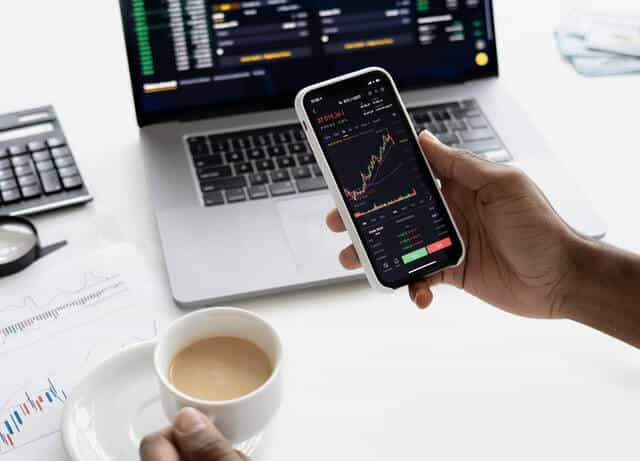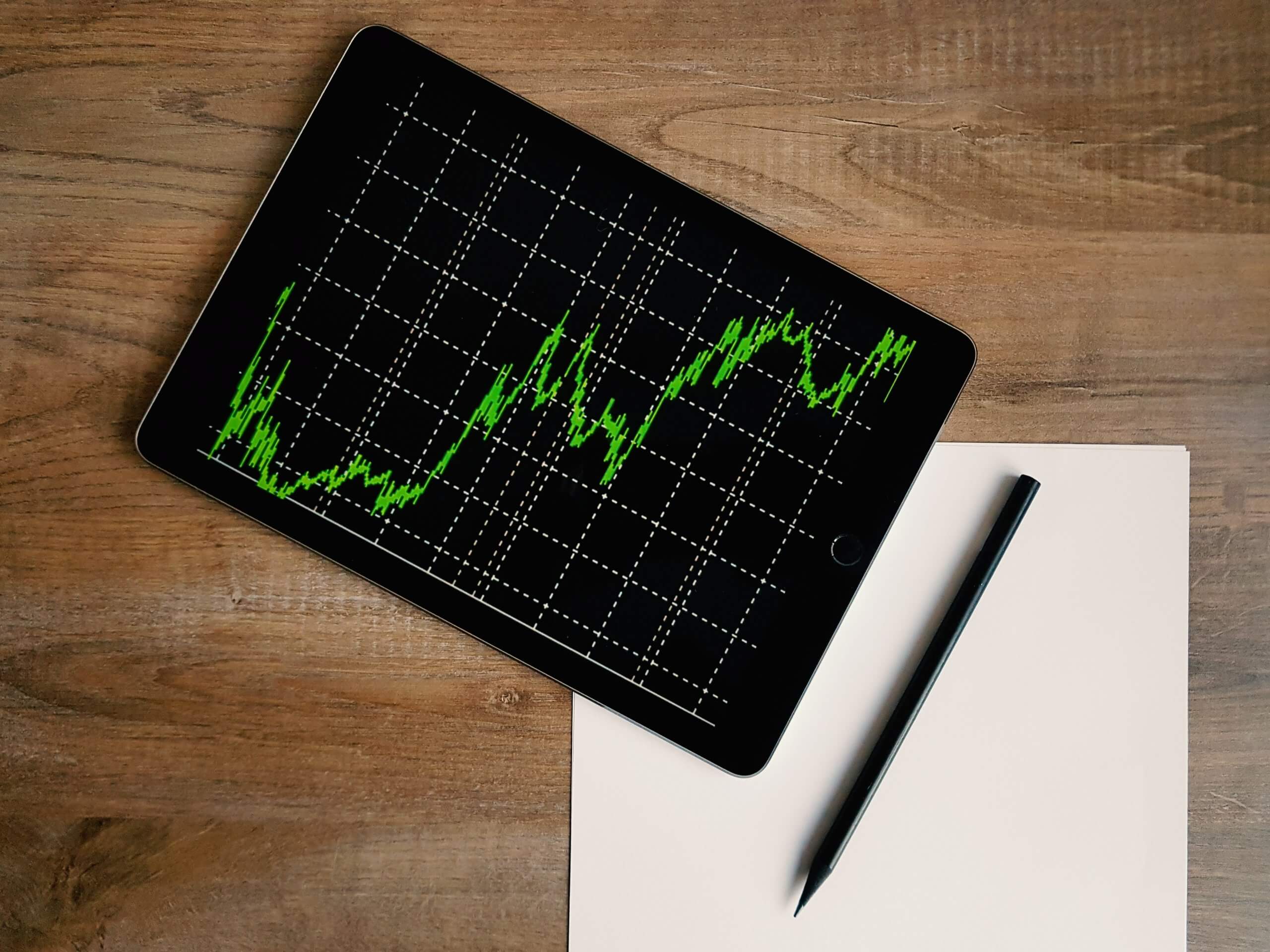Buying Bitcoin (BTC) is easy, but do you know how to store Bitcoin? This is one of the main questions that investors have and they sometimes struggle to find a clear answer. The truth is that it is not easy to store Bitcoin if you are a newcomer to this industry. However, it is not difficult either to learn how to do so.
In this AltSignals’ blog, we share with you all the details you should know about how to store Bitcoin. There are some ways in which you can secure your Bitcoin. As a virtual currency, we must be sure that we follow all these steps to be in control of our BTC.
Disclaimer: the information shared by AltSignals and its writers should not be considered financial advice. This is for educational purposes only. We are not responsible for any investment decision you make after reading this post. Never invest more than what you are able to lose. Always contact your professional. financial advisor.
How to Store Bitcoin?
When you buy Bitcoin, you usually do it from a cryptocurrency exchange. These platforms are very useful as they allow us not only to trade but to get access to many other features and solutions.
Basically, when we hold Bitcoin in an exchange, the crypto platform is the one that controls our funds. Bitcoin is all about decentralization. Why would we give control of our assets to a crypto platform? We shouldn’t unless we are traders and we need the funds on the platform at all times.
They keep custody of our BTC, and this is definitely something we want to avoid. Exchanges can get hacked and our account could be frozen or suspended. This is why we should use a cryptocurrency wallet (non-custodial).
Why Should you Avoid Crypto Exchanges?
As we mentioned before, there are some reasons why we should avoid a cryptocurrency exchange to hold Bitcoin. The main reason is related to the fact that we do not control our funds if we hold our assets on these platforms.
At the same time, when we hold our Bitcoin on a cryptocurrency exchange, our funds are at risk. If the platform experiences a hack, then we could lose our funds. The exchange would most likely not be responsible for this situation. This is why it might not be a good idea to leave our Bitcoin there.
Finally, if you want to use your Bitcoin you will have to pay very high withdrawal fees. This does not happen in a cryptocurrency wallet. So how to hold Bitcoin?
Software Wallets
A software wallet is usually the easiest way to hold Bitcoin. These wallets can be downloaded to your desktop computer or directly to your smartphone. Everything depends on what’s better for you. The main difference with a Bitcoin exchange is that you are now holding your private keys.
That means that you are the owner of your assets, not another platform. This would let you control your funds and do with them what you want. You would be able to withdraw them, deposit funds and more.
Hardware Wallets
If you want the ultimate security when holding Bitcoin, then a hardware wallet would be a good idea. Why? Because they are safer than software wallets. You would be able to keep the private keys outside the access of the internet. No malicious party would be able to take your funds away from you.
The negative aspect of a hardware wallet is related to the fact that you have to pay for it (it is not free as a software wallet). Additionally, it is not the best device to use for a newcomer to this industry, as it is more complex to use than a software wallet. If you do not hold large amounts of Bitcoin, then a software wallet should be the best way to store your funds.
How do Companies Store Bitcoin?
As we know, there have been many companies purchasing Bitcoin over the last year. But how do companies store Bitcoin? They must make sure that the funds are protected at all times and that they would have access at any moment.
This is why, rather than handling the assets themselves, they rely on third-party solutions such as Coinbase custody. The goal here is to avoid making mistakes in the way they protect their funds and relying on a third party that would be able to help them in case they have doubts or they need support.






















